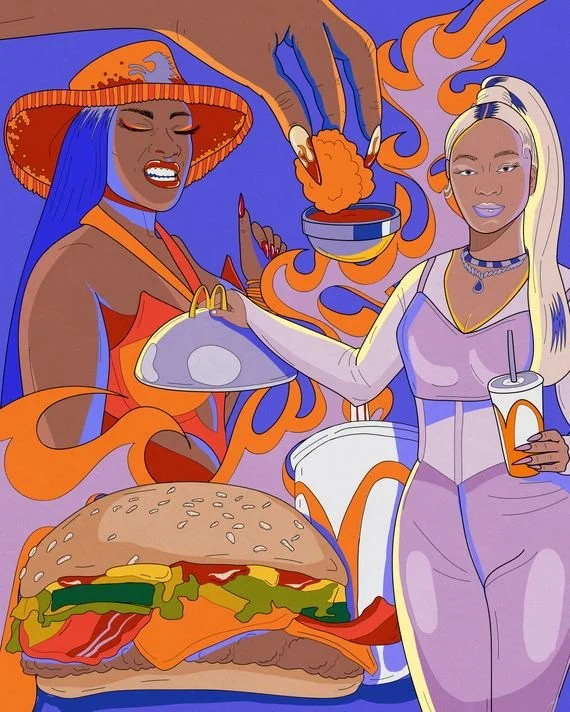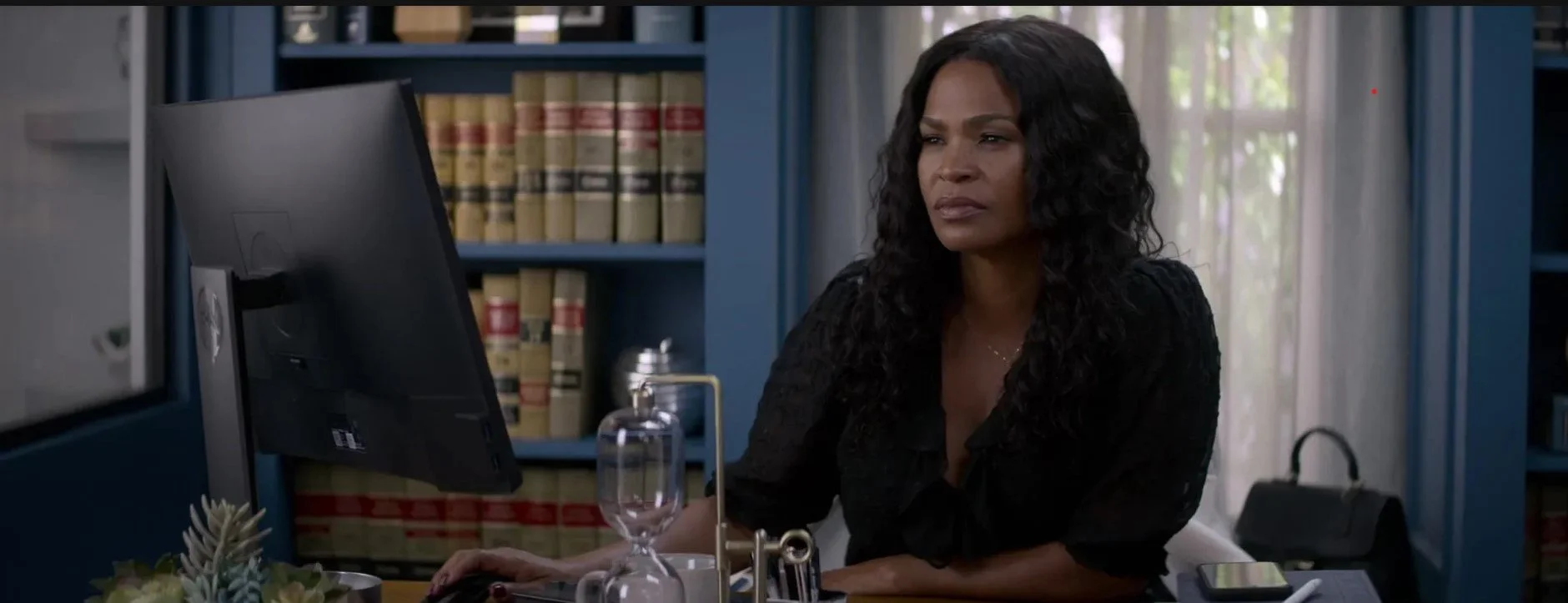The era of the ass is on its way out, or so we have been told. Over a decade after BBC News announced in 2011 that a growing “obsession” with big booties had sprung from the increased popularity of American hip-hop culture, and the corresponding prominence of well-endowed artists such as Beyoncé and Nicki Minaj, social media, journalists, critics, and more have begun to join the bandwagon by openly wishing that the wagon would go away. “The bbl era is over,” Twitter users have declared for months, referring to the cosmetic surgery known as the Brazilian Butt Lift, or BBL. They retweet and thread together images of celebrities whose alleged and confirmed BBL reversals have been regarded as the death knell for the donk in American popular culture. Many have noted, before its contemporary death sentence discourse, that the “global pursuit” of ass-enhancement and edification has had unique impacts on pronunciations of Black women’s “realness,” the theorization of a “new black body,” the development of recovery houses, and ongoing political analysis of what it means to characterize cosmetic surgeries as “excessive” or “elective” within a capitalist society committed to austerity. What remains to be said of the public’s eagerness to announce the demotion of the ass is what it reveals about the anti-Blackness of our beauty culture — namely, that it is shaped not only by a “logic of depreciation,” but also, in the words of Afro-Brazilian scholar Denise Ferreira da Silva, a condition “beyond the equation of value” in which the subject of calculation is “destined to obliteration.”
Read MoreThe commercial opens in a modern-day Wild West. We are at Thee Stallion Saloon. A lone tumbleweed drifts past the gleaming motorcycles and glimmering neon signs outside. Honoring the saloon’s cinematic position as a locus of camaraderie and conflict, the ad follows a familiar script. Our hero — the saloon’s namesake — sits inside among her crew, an orange, bejeweled cowboy hat tipped over her face to create a momentary sense of mystery.
Suddenly, an Afroed woman bursts into the bar, panicked. “Someone stole your Hottie Sauce!” She pauses. “All of it.” Our hero instantly snaps into action. “Not my Hottie Sauce!” Megan Thee Stallion responds, rising from her seat, filled with purpose. She fires up the bike, and she’s off.
Chasing the thief from Houston to New Orleans, Stallion’s semi-animated motorcycle pursuit ends in a reveal: The thief is none other than Megan’s icy alter ego Tina Snow, whose plan is quickly foiled by the “real” Megan. To ensure the sauce’s safekeeping, Megan hands it to a Popeyes chef. “The Hottie Sauce is here,” she announces under a Popeyes sign that’s as orange as her hat, sticking out her tongue with a final signature “ahh!”
Read MoreAt Barack Obama’s first inauguration, in 2009, the 44th President of the United States gave his first official speech to the American public: “On this day, we gather because we have chosen hope over fear, unity of purpose over conflict and discord.” Nearly a decade later, the First Lady Michelle Obama recalled that fateful day on the National Mall in her 2018 memoir, Becoming. “There were people in every direction, as far back as I could see,” she wrote.
Read MoreAnyone who watches romantic thrillers knows what to expect. This is precisely why we watch. The goal is not to be surprised so much as it is to have our suspicions confirmed. These films promise to reward us for our anticipation. With the rise of Black-led romantic thrillers, however, audiences are often asked to suspend our disbelief in more ways than one. Unlike the increasingly popular, so-called “Black social thrillers,” such as Get Out, Us, and Luce, the Black romantic thriller is rarely authored by Black screenwriters themselves. Thus, these films rarely ask audiences to look closer or engage critically where race, class, gender, and sexuality are concerned. Instead, Black romantic thrillers — the likes of which include Obsessed, When The Bough Breaks, The Perfect Guy, The Intruder, etc. — take part in an especially sinister seduction with regard to genre. Centering narratives of Black women leading idyllic upper-middle-class lives, more often than not, these films allow little to no consideration for the ways race, class, and gender inform one’s exposure to violence and relationship to safety.
As a genre, the thriller hinges on the idea of violence as sensational and temporary rather than pervasive and recurring. Yet, the lives of Black women and girls threaten this very narrative structure. According to a 2017 CDC report, Black women experience domestic violence and homicide at higher rates than any other group in the United States. With these conditions in mind, a romantic thriller with a Black woman lead is perhaps faced with the subversion of the genre itself. After all, the thriller cannot exist without an established narrative of safety. To write about Black women and intimate violence would require a troubling of “safety” as it stands. For failure to do so, the Black romantic thriller, in its efforts to meet the demands of a stifling genre, often struggles to fathom violence without contingency.
Read More



